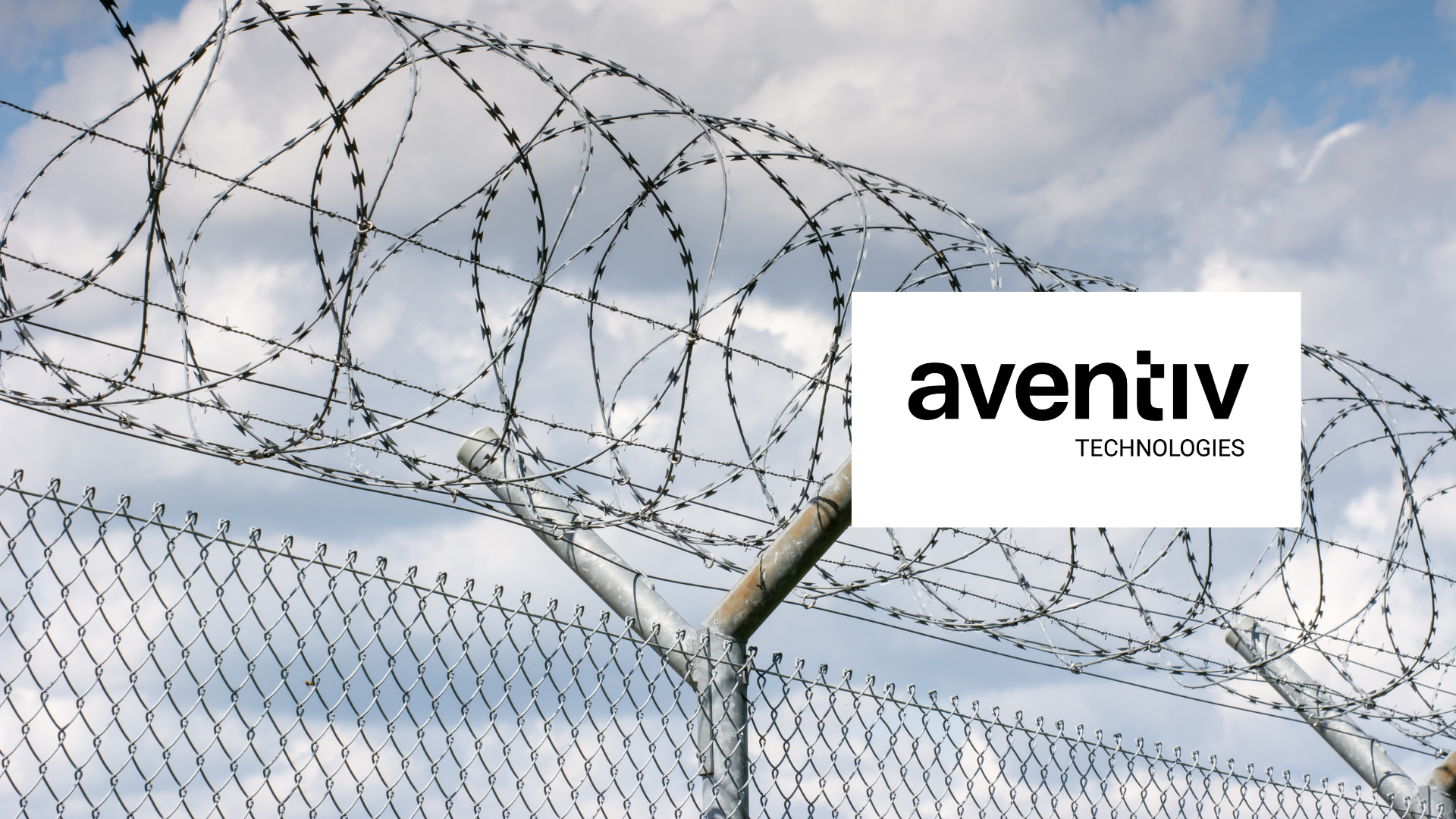
Platinum Equity’s Aventiv announces distressed debt exchange months after FCC regulations take effect
June 11, 2025
In April 2025, embattled prison telecommunications company Aventiv announced a distressed debt-for-equity exchange with creditors set to take over the company and lenders issuing a $360 million loan. The debt deal, akin to an out of court bankruptcy, is the latest in a series of maneuvers Aventiv has employed as it has struggled under a mountain of debt and battles regulatory actions stymieing its ability to price gouge incarcerated people who must use its products to contact their loved ones.
This is not Aventiv’s first debt exchange rodeo; in fact, the company defaulted just a year ago, in April 2024. At the time, Bloomberg reported that Aventiv reached a deal with lenders on the condition that its private equity owner, Platinum Equity, sell Aventiv within a year.
Last year’s deal extended Aventiv’s maturity dates by eight months and included an additional $40 million in new debt issued by lenders and Platinum Equity. With time up and no buyer, Aventiv has narrowly avoided bankruptcy filings through the 2025 out-of-court restructuring. The FCC will need to approve the change in ownership to the company’s creditors. Platinum Equity has been trying to offload the company for years – the firm tried to sell Aventiv to a SPAC in 2021, but the deal fell through.
In addition to public criticism of its exploitative business model, Aventiv subsidiary Securus and other for-profit prison telecommunications companies have faced regulatory hurdles over the last few years. Several states moved to cap call costs for incarcerated people, and in July 2024, the FCC voted to implement the new rate caps and regulations, many of which went into effect on January 1, 2025.
The new rates drastically reduce call costs. According to the FCC, “the cost of a 15-minute phone call will drop to $0.90 from as much as $11.35 in large jails and, in small jails, to $1.35 from $12.10.” Costs for video calling will still vary, but are capped at $0.25 per minute for the smallest jails. While the rate reductions are a boon to incarcerated individuals, they likely substantially impact Securus, which charged as much as $22.56 for a 15-minute phone call in 2018. In addition to capping the rates for the phone calls themselves, the new FCC rules prohibit companies from charging fees for “ancillary services” like adding funds to an account or making a call without an account.
After the July ruling, Securus and other telecom providers petitioned the FCC for a stay of the regulations pending other litigation against the ruling, arguing that they were likely to win their case that the rate caps were not sustainable. The FCC denied this petition in October, finding that the company did not meet the standards required to grant a stay. Securus appealed, but was again rejected in the US Circuit of Appeals for the First Court in November. Along with the companies, 14 state Attorneys General filed suit against the FCC regulations, opposing the elimination of site commissions, also known as kickbacks.
Regulating a system built on price gouging and kickbacks is already having impacts on incarcerated people –on April 1 in Baxter County, Arkansas, the sheriff’s office stopped providing phone access for people detained there , citing the FCC’s ban on commissions. Until 2021, Baxter County received 52 percent of call costs as commission; after regulatory changes, the sheriff’s office received 25 percent. Without state or federal legislation mandating phone access, facilities may decide to stop providing the service altogether.
Securus continues to challenge the ruling, claiming that the new fee structure will cause the company irreparable harm. The FCC does not deny this possibility, noting that the agency “decline[d] to set rate caps that ensure cost recovery for providers with unusually high costs because to let unusual cases determine rates generally would result in unjust and unreasonable rates.”
Securus, which has relied on unusually high rates to boost its revenue, now finds itself unable to survive under more just regulatory requirements. The time for private businesses to profit from incarceration may be coming to an end, especially as nonprofit correctional telecom provider Ameelio gains traction in the industry.
Tom Gores, CEO of Platinum Equity, agrees: “Ultimately, I think this industry really should be led probably not by private folks. I think it probably should be — I’ll get killed for saying this — but the nonprofit business, honestly.”To learn more about private equity investments in prisons, jails, and immigration detention facilities, see PESP’s Detention and Surveillance Tracker. As incarceration rates increase, private equity firms that provide tools and services to carceral facilities stand to profit.
